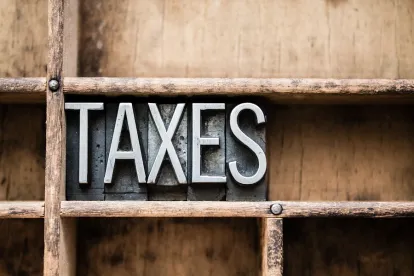In July 2019 the IRS identified post offshore voluntary disclosure program (OVDP) compliance as a campaign. The purpose of the campaign is to pursue those OVDP participants who fail to remain compliant with their foreign income and asset reporting requirements. The campaign said that the IRS would address this tax noncompliance through soft letters and examinations. OVDP participants have recently received such soft letters.
The letters warn that the OVDP process requires continued compliance with all reporting obligations, including foreign reporting. It appears that through data analytics, information provided by third parties such as banks and financial institutions, FATCA, and other information in the possession of the IRS, the IRS has identified those who have not filed the foreign information returns that had been required in OVDP. The letter states that “[o]ne of the expectations of OVDP is that you stay in compliance, by filing all required tax and information returns for all subsequent tax years after taking part in OVDP.”
The soft letter identifies the years about which it is inquiring to determine whether there is compliance with this expectation. Although the letter recognizes that there may be several explanations for not filing subsequent tax and information returns, such as repatriation of the financial assets, the absence of meeting applicable filing thresholds, or the disposition of the foreign assets, the letter identifies the possible forms that were not received for the identified years, such as FinCEN Form 114, Form 3520, Form 5471, Form 8938, etc.
The IRS letter provides two options for response. Option 1 provides for the filing of delinquent and amended returns. Filing the returns under this option will subject the taxpayer to all applicable penalties, unless the taxpayer shows that the noncompliance was due to reasonable cause and not willful neglect. To pursue reasonable cause, the taxpayer must include a statement explaining all the facts and circumstances with the returns. The returns will not automatically be audited but may be selected for audit under existing audit selection processes. They also may be subject to a verification procedure to check the accuracy and completeness of submissions “against information received from banks, financial advisors, and other sources.”
The second option is to provide a statement that the taxpayer fully complied with all tax and information reporting requirements for the foreign financial accounts and assets. A taxpayer can also explain attempts to become compliant and send a statement of facts explaining the taxpayer’s position and the actions taken to become compliant. This explanation should include: (1) a complete history of previously unreported foreign income, entities, and financial accounts; (2) copies of relevant documents that confirm compliance; and (3) contact information. Under option 2, the taxpayer must include a jurat attesting to the truth, correctness, and completeness of the statement under penalties of perjury.
Finally, the IRS letter sets a response date and states that if the taxpayer does not respond by the due date, it may refer the tax returns for examination.



 />i
/>i

